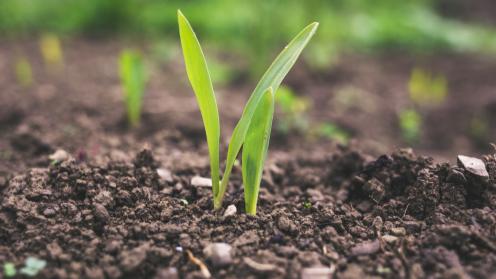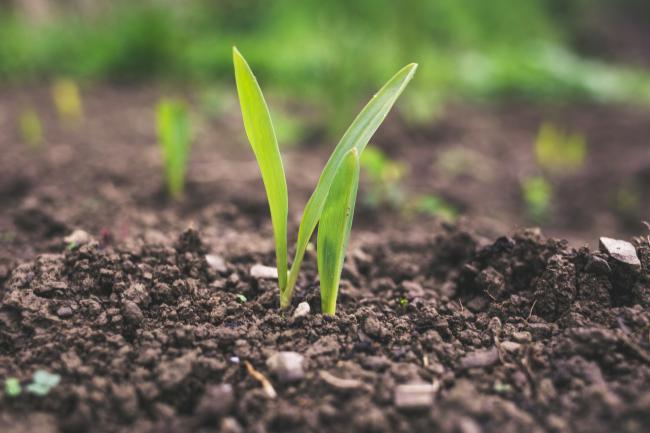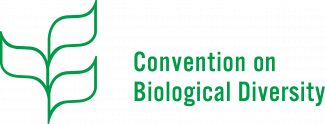On Monday, the Subsidiary Body on Scientific, Technical and Technological Advice (SBSTTA) of the Convention on Biological Diversity (CBD) convened its fourth plenary meeting, to prepare for the 15th session of the Conference of the Parties (COP15) and the adoption of the post-2020 global biodiversity framework (GBF). Delegates discussed risk assessment and management of living modified organisms (LMOs) and soil biodiversity.
Risk Assessment and Risk Management of LMOs
Most parties agreed that developing guidance on LMOs containing engineered gene drives was a priority. Several parties highlighted gaps in knowledge on risks associated with gene drives, stressing their release could lead to unintended consequences on ecosystems, as well as negative socio-economic and cultural effects. Many stressed the need for a precautionary approach at every step of the process with regard to engineered gene drives. Parties discussed the best way to develop guidance on LMOs containing engineered gene drives, with some suggesting that a small drafting group could start the work, with further input through an online forum followed by possible consideration by the larger ad-hoc technical expert group. While a number of delegates indicated that no further work on specific guidance on living modified fish was needed, others suggested that this should be considered in the future.
Observer groups highlighted the importance of adopting a precautionary approach regarding gene drives, noting this is a rapidly evolving field of research, and reiterated the call for more work to understand potential risks to human health as well as broader ecological, socio-economic, and cultural impacts. Several stressed the importance of the full and effective participation of Indigenous Peoples and local communities, women, and youth in the risk assessment processes. Many also stressed the importance of respecting the free, prior, and informed consent of Indigenous Peoples and local communities.
SBSTTA Chair Hesiquio Benitez established a contact group on the topic, co-chaired by Ntakadzeni Tshidada (South Africa) and Werner Schenkel (Germany). The group will meet on Tuesday, 1 June, and Thursday, 3 June.
Biodiversity and Agriculture
The discussions focused on the review of the international initiative on the conservation and sustainable use of soil biodiversity and the updated draft plan of action 2020-2030 on the sustainable use of soil biodiversity, which many parties welcomed. Several parties also stressed the importance of including specific targets related to soil biodiversity in the GBF. Some urged for enhanced capacity building through the provision of financial and technological assistance to support countries in mainstreaming soil biodiversity across sectors, including both terrestrial and water-based activities. A number of parties highlighted the important work on pollinators, suggesting that this also be featured more in the work on biodiversity and agriculture. A number of observers stressed the need to focus more on the importance of soil biodiversity in regard to meeting the CBD objectives, and pointed to the lack of inclusion of targets related to soil biodiversity as a major gap in the GBF.
SBSTTA Chair Hesiquio Benitez said a conference room paper (CRP) will be prepared for consideration during the series of plenary meetings in June.
To receive continuing coverage of this event delivered to your inbox, subscribe to the ENB Update newsletter.







